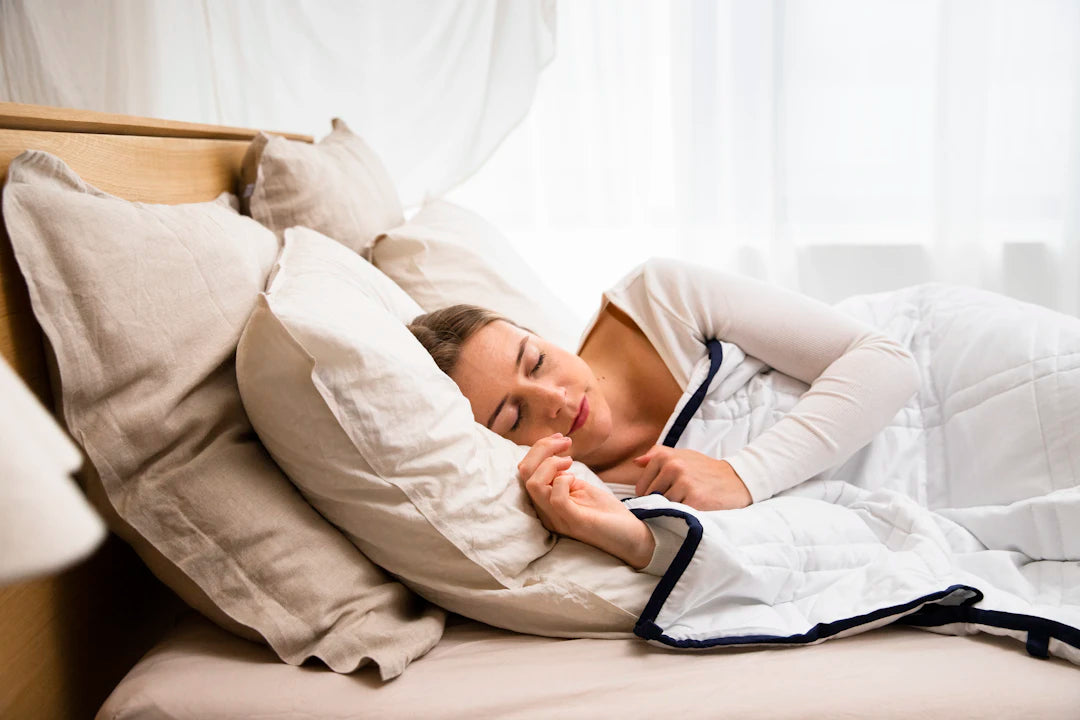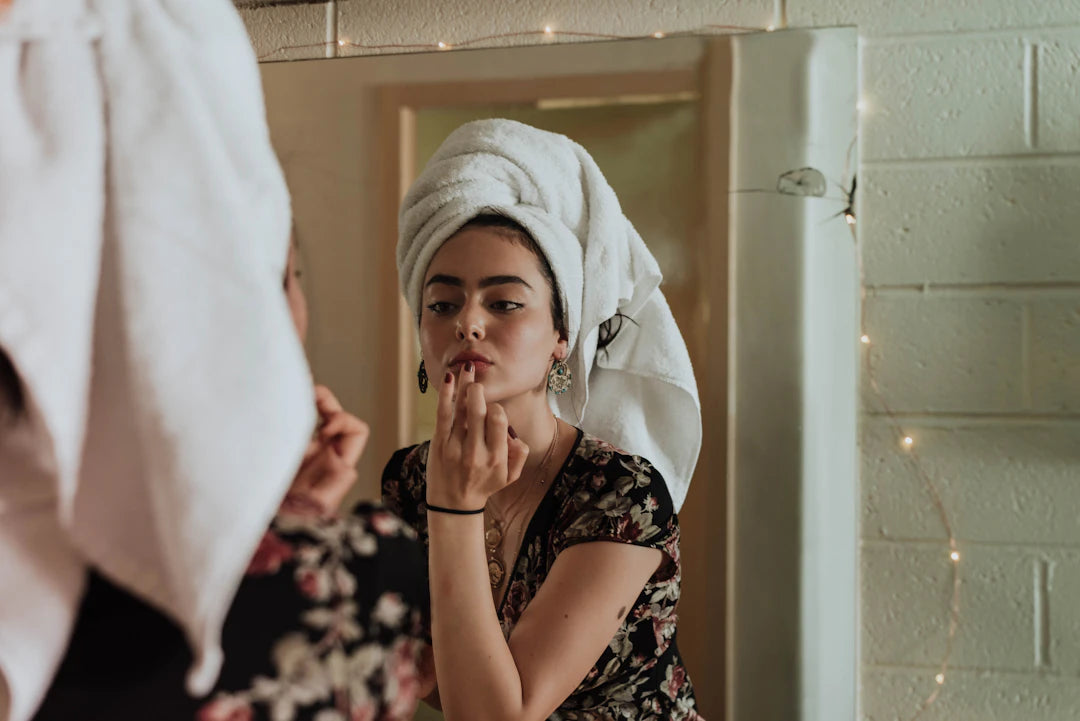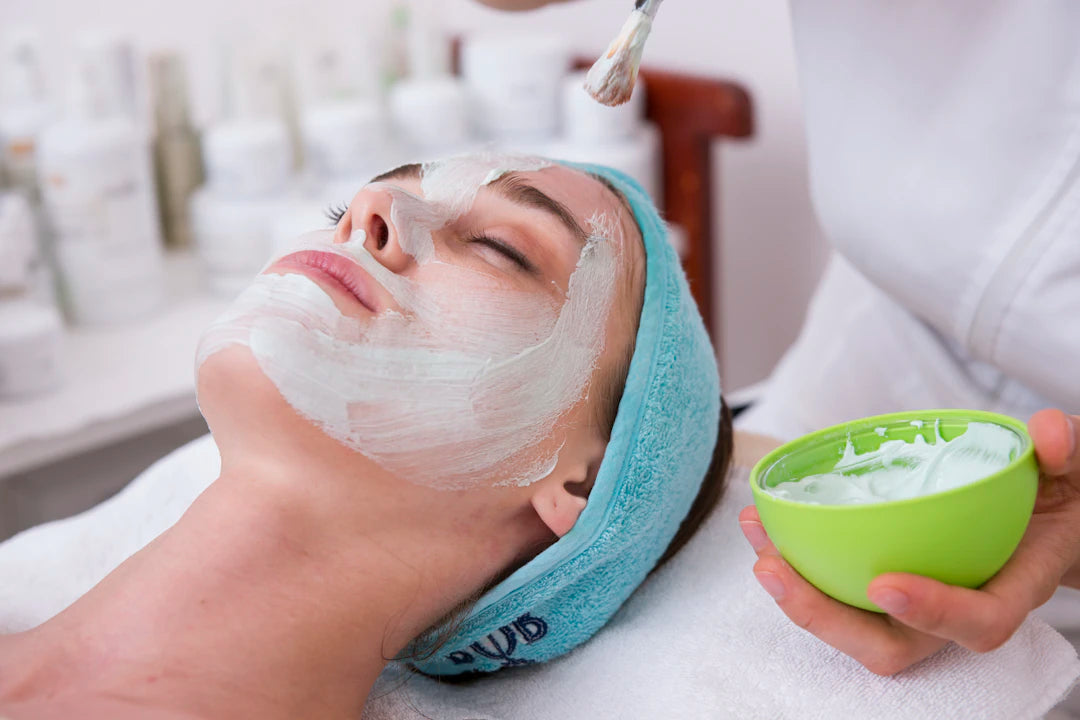The Amazing Impact of Sleep on Your Skin

Overview
Sleep is crucial for skin health, promoting repair, reducing signs of aging, and addressing skin issues like acne and dryness. To maximize beauty sleep, create an optimal sleep environment, establish a consistent sleep routine, and maintain a proper nighttime skincare regimen. Prioritizing sleep can lead to radiant, youthful skin.
Frequently Asked Questions
1. How does sleep affect skin health?
2. What are the signs of aging that can be mitigated by sleep?
3. What skin issues can arise from lack of sleep?
4. What tips can help create an optimal sleep environment for better skin?
5. What skincare practices should be followed before bed to enhance skin recovery?
Sleep is often overlooked as a key component of healthy skin. While many focus on skincare products and routines, the connection between sleep and skin health is profound. In our quest for radiant, youthful skin, understanding how sleep affects skin condition is essential. This article dives deep into the intricate relationship between sleep and skin, revealing the secrets to achieving that coveted glow.
Sleep: A Vital Component of Skin Health
When it comes to skincare, it's easy to think that the answer lies purely in topical treatments or fancy serums. However, the reality is that your skin undergoes significant rejuvenation and repair while you sleep. The restorative processes that occur during these hours play a pivotal role in not only your overall health but also your skin's appearance and texture.
The Science Behind Sleep and Skin Repair
During deep sleep, your body ramps up its production of growth hormones. These hormones are crucial for cell regeneration and repair, leading to healthier skin. Additionally, the body increases blood flow to the skin, delivering essential nutrients and oxygen that have a direct impact on your complexion.
Furthermore, the body's levels of cortisol, the stress hormone, drop during sleep. High cortisol levels can lead to inflammation and even accelerate the aging process, which is why getting a good night's rest is paramount for maintaining youthful-looking skin.
The Role of Sleep in Fighting the Signs of Aging
As we age, our skin naturally becomes less resilient. One of the primary contributors to aging skin is the decrease in collagen production, which leads to wrinkles and sagging. Sleep acts as a natural antiaging remedy by promoting collagen synthesis, aiding in the skin's ability to recover from daily damage.
By prioritizing sleep, you help your body combat one of the leading causes of premature aging: lack of recovery. This can be a game-changer for anyone looking to preserve their skin’s youthful appearance.
How Sleep Affects Skin Issues
Beyond its antiaging properties, sleep has a remarkable influence on various skin conditions. Here are some common issues that may worsen due to sleep deprivation:
- Acne: Lack of sleep can lead to an increase in acne flare-ups. This happens because sleep deficiency elevates cortisol levels, which can increase oil production in the skin, blocking pores and exacerbating breakouts.
- Dry Skin: During sleep, the skin loses moisture through a process called transepidermal water loss. If you’re not getting enough sleep, your skin may not have the time it needs to recover and replenish moisture, leading to dryness.
- Dark Circles: Sleep deprivation can lead to darker under-eye circles and puffiness due to poor blood circulation and fluid retention.
- Uneven Skin Tone: Insufficient sleep can impair the body’s ability to repair damaged skin, resulting in uneven skin tone and texture.
Maximizing Your Beauty Sleep
Now that we've established the significance of sleep for your skin's health, let’s explore some practical tips to maximize your beauty sleep. Doing so can enhance your skin’s appearance, making it look more vibrant and rejuvenated.
Create an Optimal Sleep Environment
Your sleep environment plays a crucial role in the quality of your rest. Here are some tips to create a peaceful sanctuary:
- Keep It Dark: Use blackout curtains to eliminate light that might disrupt your sleep cycle.
- Control the Temperature: A cooler room typically encourages better sleep. Aim for a bedroom temperature between 60 and 67 degrees Fahrenheit.
- Limit Noise: Use earplugs or a white noise machine to drown out any disruptive sounds.
- Invest in a Comfortable Mattress: A good mattress supports restful sleep and promotes healthy spinal alignment.
Establish a Sleep Routine
Consistency is key when it comes to sleep. By establishing and following a regular sleep schedule, you can train your body to sleep better. Here are some steps to consider:
- Set a Regular Sleep Schedule: Go to bed and wake up at the same time every day, even on weekends.
- Avoid Stimulants: Reduce caffeine and nicotine consumption in the hours leading up to bedtime.
- Limit Screen Time: Blue light from smartphones and computers can interfere with melatonin production, making it harder to fall asleep.
- Practice Relaxation Techniques: Engage in calming activities such as reading, meditation, or taking a warm bath before bedtime.
The Importance of Skincare Before Bed
While sleep plays a fundamental role in skin rejuvenation, a proper nightly skincare routine complements this process effectively. It can further enhance your skin's recovery and improve its overall texture and appearance.
Hydration is Key
One of the most crucial elements of any nighttime skincare routine is hydration. Applying a product containing hyaluronic acid can significantly help in retaining moisture overnight. This ingredient works wonders when it comes to keeping skin plump and hydrated, making it an essential part of your regimen.
Don’t Forget Your SPF!
Even at night, it's essential to consider the effects of the previous day on your skin. While SPF and hyaluronic acid work best during daytime, remember that they set the foundation for your skin's recovery during sleep. The previous day's sun exposure can lead to premature skin aging, which makes a comprehensive skincare routine including sun protection crucial for long-term benefits.
Other Factors to Consider for Radiant Skin
Sleep is a critical factor, but several lifestyle elements can also influence skin health:
- Hydration: Drink plenty of water throughout the day to maintain skin hydration. Adequate water intake helps keep skin supple and radiant.
- Nutrition: Consider incorporating skin-friendly foods rich in antioxidants, vitamins, and minerals to nourish your skin from within. Foods such as berries, nuts, and leafy greens can have remarkable effects on skin health.
- Exercise: Regular physical activity boosts circulation, which can significantly enhance skin health by delivering nutrients to skin cells while flushing out toxins.
- Stress Management: High-stress levels can severely impact skin health due to increased inflammation and hormonal changes. Techniques such as yoga and meditation can be beneficial.
The Bottom Line: Transform Your Skin with Sleep
As we’ve seen throughout this article, the importance of quality sleep for skin health cannot be underestimated. It acts as an antiaging ally, enhances skin recovery, and helps address various skin issues. By adopting good sleep habits, following an effective skincare routine, and considering other lifestyle factors, you can significantly improve your skin’s overall appearance.
The journey to radiant, youthful skin starts while you sleep. Commit to prioritizing rest, and watch your skin transform into the glowing canvas you desire. Healthier skin is just a good night's sleep away!
Linked Product
Hydrate & Protect Bundle
The Hydrate & Protect Bundle combines a hyaluronic acid serum with a broad-spectrum sunscreen to address the dual needs of hydration and sun protection. This pairing supports skin health, especially during the summer months when both hydration and UV defense are critical. By maintaining optimal moisture levels and shielding against harmful rays, this bundle can help enhance the overall appearance of your skin as you prioritize restful sleep.
View Product

